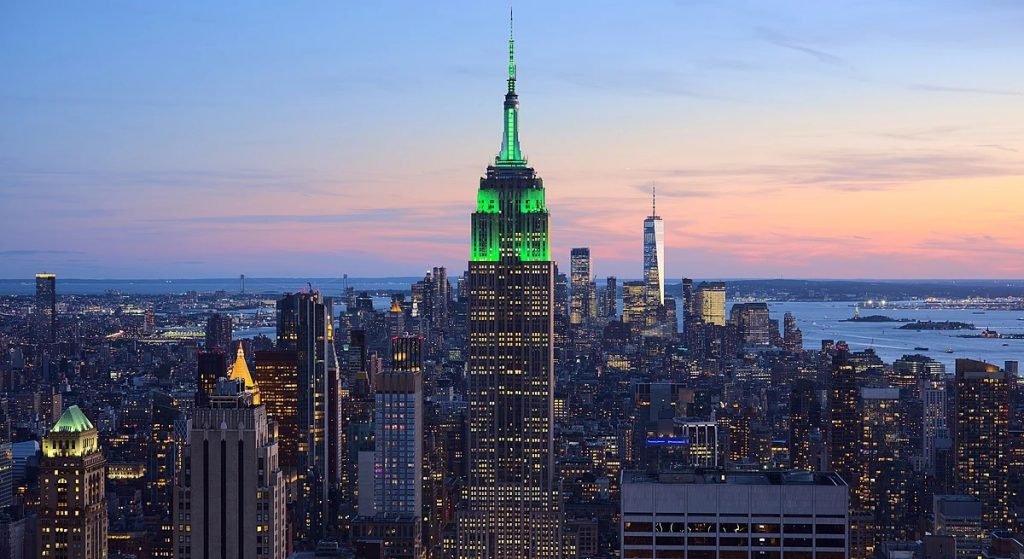Hong Kong’s four-year reign as the world’s most expensive city for expatriates has come to an end, as it has been surpassed by New York, according to ECA International’s latest “Cost of Living” research.
The survey, which ranked 207 cities based on the cost of day-to-day goods and services commonly purchased by assignees, aims to assist organizations in calculating cost-of-living allowances. While New York secured the top spot globally, Hong Kong continues to hold the title of the most expensive city in Asia.
New York surpasses Hong Kong: According to the survey, New York has overtaken Hong Kong as the most expensive city for expatriates. This shift in rankings highlights the rising cost of living in New York and the impact of inflation worldwide.
ECA International’s “Cost of Living” research: ECA International conducted a comprehensive study, analyzing a basket of day-to-day goods and services to determine the cost of living in various cities. Factors considered include food, utilities, public transport, and household goods. The research serves as a valuable tool for organizations to calculate cost-of-living allowances for their assignees.
Get WSJ Renewal Digital Edition Here
Hong Kong’s continued high cost of living: Despite losing its global top spot, Hong Kong remains the most expensive city in Asia. Lee Quane, the regional director for Asia at ECA International, attributes this to the substantial increase in prices of goods and services. However, a decline in accommodation costs offset the rise in day-to-day expenses.
Factors that have affected Hong Kong’s rankings include the increase in mortgage interest rates to align with the U.S. Federal Reserve, leading to a significant drop in home prices. Furthermore, last year saw an exodus of residents due to Covid-19 restrictions and concerns over the erosion of democratic norms.
New York has overtaken Hong Kong as the most expensive city globally for expatriates, according to ECA International’s “Cost of Living” research. While Hong Kong continues to hold the title of the most expensive city in Asia, rising costs for goods and services have impacted its global rankings. Factors such as increased mortgage interest rates and the departure of residents have contributed to the changing landscape of Hong Kong’s cost of living. The research serves as a valuable resource for organizations to make informed decisions regarding cost-of-living allowances for their assignees.





